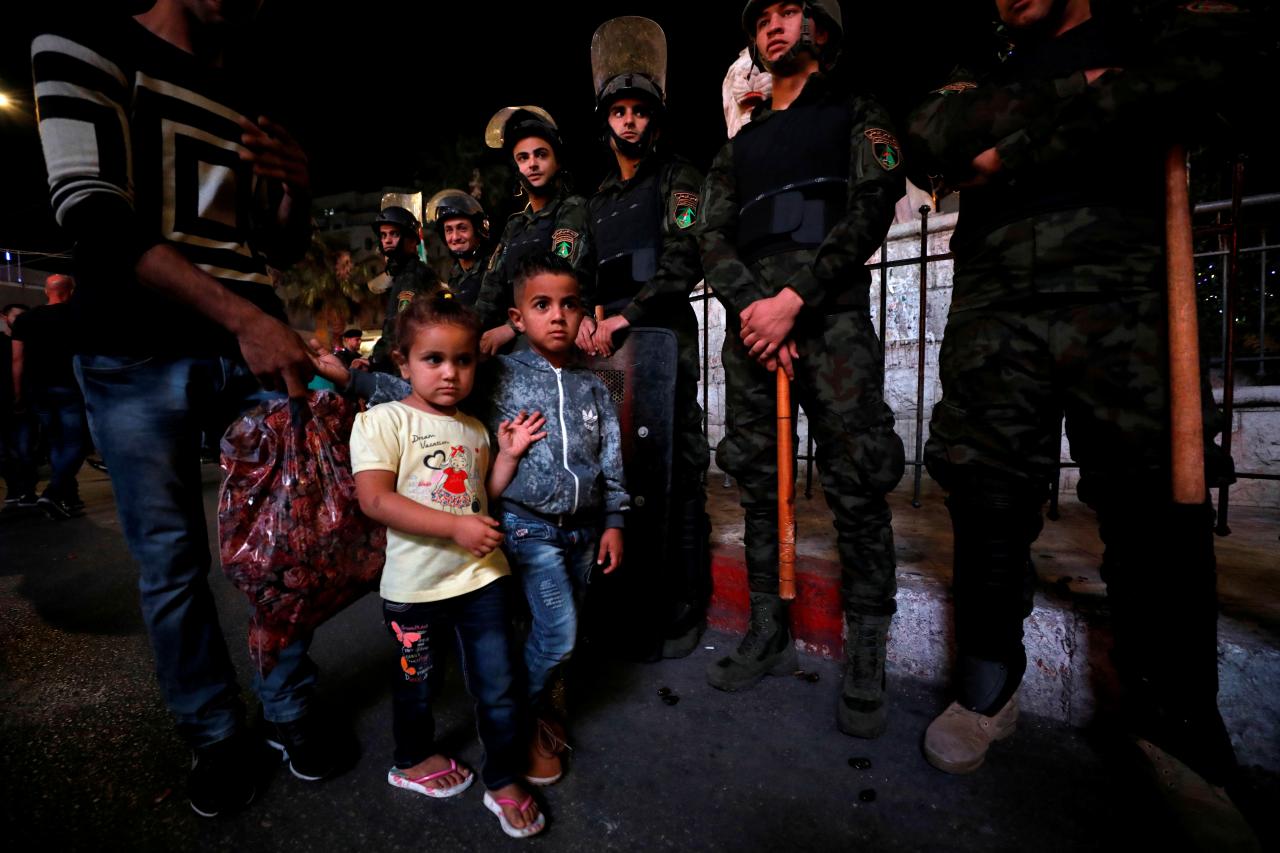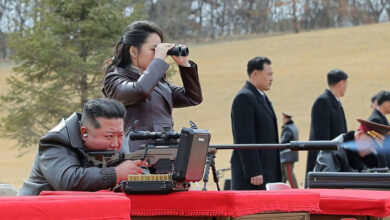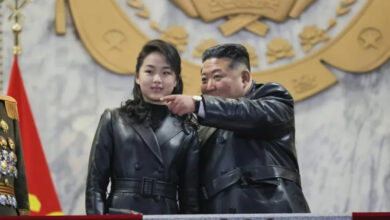
Several Myanmar news outlets and dozens of civil society groups denounced the jailing of two Reuters reporters for seven years under the Official Secrets Act, and said their conviction was an assault on the right to freedom of information.
A court found the two journalists guilty on Monday in a landmark case seen as a test of progress toward democracy in Myanmar, which was ruled by a military junta until 2011.
Wa Lone, 32, and Kyaw Soe Oo, 28, were investigating the killing of villagers from the Rohingya Muslim minority by security forces and civilians when they were arrested in December. They had pleaded not guilty.
The privately owned 7 Day Daily, one of Myanmar’s most widely read newspapers, printed a black block on its front page on Tuesday with an editorial headlined “A sad day for Myanmar”.
The newspaper said the sentences “end the hope that the current government will value and respect media freedom”, adding that the government had earned a reputation for oppressing the media, as previous military governments had done.
“Everyone needs to be aware that democracy will not survive in an information dark age,” the newspaper said.
Myanmar abolished direct media censorship in 2012, as part of reforms by a quasi-civilian regime that led to elections in 2015 won by Nobel laureate Aung San Suu Kyi’s party.
Government spokesman Zaw Htay could not be reached for comment about the verdict either on Monday or Tuesday.
Deputy Information Minister Aung Hla Tun rejected the suggestion that the verdict was a blow to press freedom but acknowledged that some laws were “not friendly” to the media, including the Official Secrets Act under which the two reporters were convicted.
“This legislation was not enacted by this government, we inherited it,” he told Reuters. “We’re trying to review the laws. Some will be abolished, if necessary, and some amended.”
An editor of the Irrawaddy online news magazine, Kyaw Zwa Moe, said Suu Kyi and President Win Myint had to understand the case was about the people’s right to know.
“There is nothing wrong in what these particular Reuters reporters did; like any journalists they were simply doing their jobs by attempting to gather information so as to uncover the truth,” wrote Kyaw Zwa Moe, who was a political prisoner during military rule.
The privately owned Myanmar Times carried a full, front-page back-and-white photograph of Kyaw Soe Oo, in handcuffs and surrounded by reporters as he left the court, saying the verdict was a “blow to press freedom”.
The state-run Global New Light of Myanmar newspaper reported the facts of the verdict in four paragraphs on an inside page. It did not mention any criticism of the ruling but noted that the defense could appeal.
Set-Up
The conviction of the reporters comes amid mounting pressure on the government over the crackdown on the Rohingya in Rakhine State in west Myanmar. The crackdown was sparked by attacks by Rohingya insurgents on security forces in August 2017.
A UN mandated fact-finding mission said last week that Myanmar’s military carried out mass killings and gang rapes of Rohingya with “genocidal intent” and called for top generals to be prosecuted. Myanmar rejected the findings.
More than 700,000 Rohingya Muslims have fled into Bangladesh since the crackdown was launched, according to UN agencies.
The two reporters had told the court two police officials handed them papers at a restaurant in the city of Yangon moments before other officers arrested them on Dec. 12.
One police witness testified the restaurant meeting was a set-up to entrap the journalists, who were reporting at the time on the massacre of 10 Rohingya Muslim men in Rakhine State. The judge said on Monday that testimony had not been corroborated by other witnesses.
During the hearings, a police officer had also told the court that he burned notes he made at the time of the reporters’ arrest, but didn’t explain why. Several prosecution witnesses contradicted the police account of where the arrests took place. And a police major conceded the “secret” information allegedly found on the reporters wasn’t actually a secret.
Zaw Htay, the government spokesman, has mostly declined comment on the proceedings in court.
Seventy-six civil society groups said in a joint message on Twitter that the trial “was neither free nor fair and was completely manipulated”.
“We take this as a crackdown on the right of access to information and media freedom, and an oppressive gesture on all concerned people of Myanmar who are aspiring and building for a society characterized by rule of law, accountability, freedom and justice,” the groups said in the English-language statement.
The conviction of the two reporters drew condemnation from the United Nations, many Western governments including the United States, Britain and France, and international organizations.
Several diplomats said it raised questions about Myanmar’s transition towards democracy after nearly 50 years of harsh military rule, and about the commitment to human rights of the government led by Suu Kyi.
The information minister in the quasi-civilian administration that ruled until Suu Kyi’s election win said the verdict would damage the government’s reputation.
“If you arrest and punish the journalists who are doing their job in Rakhine it means you have something to hide,” Ye Htut, who also served as presidential spokesman in the previous administration, told Reuters.
Now a visiting senior fellow at the Institute of Southeast Asian Studies in Singapore, Ye Htut said he had been criticized in Myanmar for a Facebook post likening the prosecution of the journalists to events in Nazi Germany.
“The people tried to look the other way, to pretend there’s nothing happening,” he said.
“If you start to try to cover up one thing, that will lead to another.”




